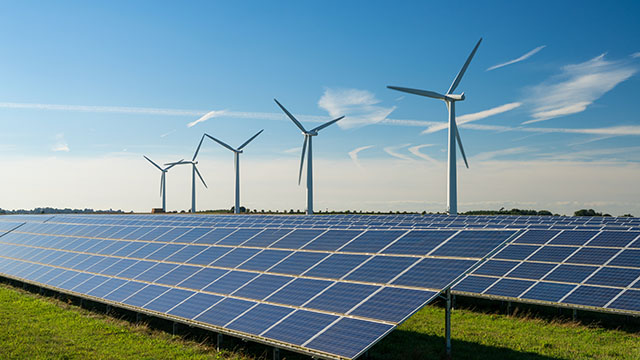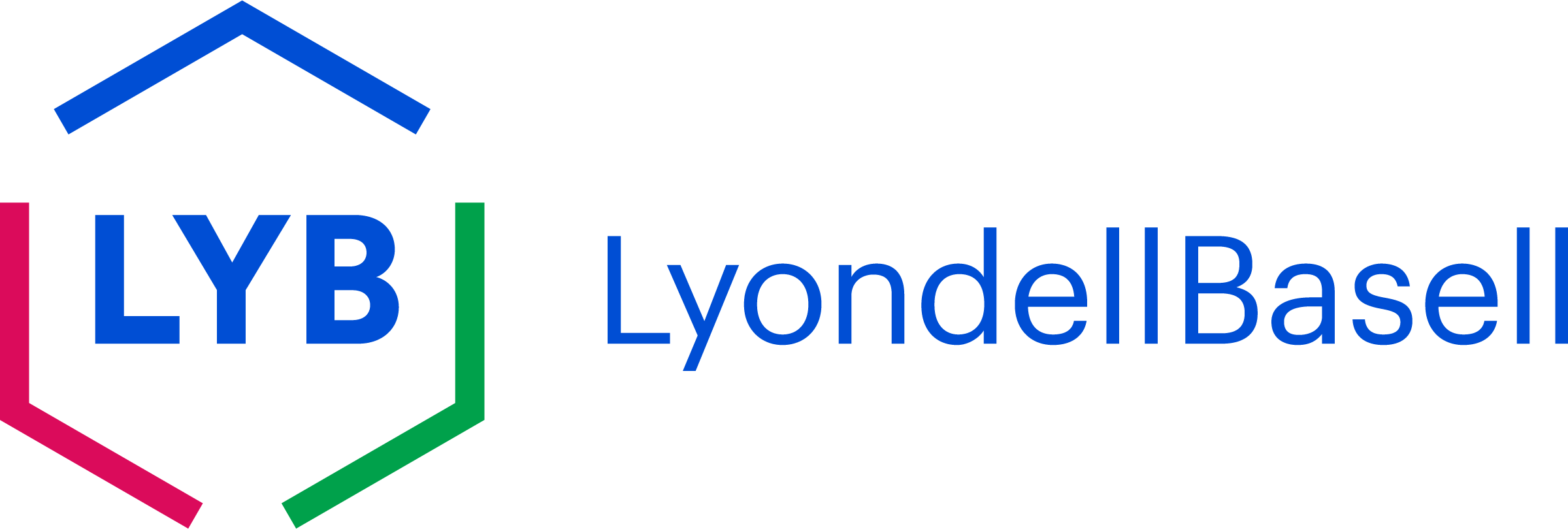
Every day, we repeat simple tasks embedded into our daily routine, such as turning on the lights, making breakfast or brewing our morning cup of coffee. Many people go about their day without thinking about the greenhouse gas emissions (GHG) associated with the electricity consumption of these daily, routine tasks. As electricity consumers, we all have a role to play in reducing global warming. At LyondellBasell, we also have a significant role to play. We are committed to taking bold actions to help reduce the greenhouse gas emissions associated with our daily activities.
Following this commitment, LyondellBasell recently signed two power purchase agreements (PPA), bringing our total to four in 2022. These renewable energy agreements demonstrate an important step in our journey to protect our planet and society.
Jennifer Jewson, Sr. Director, Strategic Materials & Sustainability at LyondellBasell, explains below how the company is leveraging PPAs to advance a clean energy society.
Why is renewable energy such a vital part of the net zero journey for the chemical industry, including LyondellBasell?
Many of the technologies the chemical industry needs to reach net zero greenhouse gas emissions require further development and scale, but renewable energy is available today. Maximizing our use of this readily-available technology allows our industry to reduce the GHG emissions associated with the electricity we purchase from third parties, or our scope 2 emissions. PPAs enable us to take action now as we continue to work across the value chain to develop newer technologies needed to reach net zero.
At LyondellBasell, we are committed to achieving net zero GHG emissions from our global operations by 2050 and have set a goal to achieve an absolute reduction of 30 percent emissions by 2030. We anticipate our efforts to procure at least half of our electricity from renewable sources by 2030 will represent a reduction of around 1.5 million tons of CO2 annually. This is equivalent to the annual carbon consumption of almost 70 million trees.
It is essential to mention the role of renewable power could become even more significant for our journey to net zero as we electrify more equipment at our sites. Process electrification is also part of our plan to reduce carbon emissions and mitigate climate change.
Why are PPAs the best strategy to procure renewable energy? Are there plans for any on-site renewable energy in the future?
There are two ways I think about this technology. Is the technology mature, and is it scalable? Wind and solar energy have both of those qualities today. We are working with Schneider Electric to help us with the bidding process, risk analysis on developers and financial analysis. This research led us to focus on renewable energy through power purchase agreements.
We have plans for on-site renewable energy where it makes sense. We are already negotiating agreements at our Tarragona site in Europe. Our objective is to introduce on-site renewable power where we have space and capability. We may also utilize on-site solar at some of our compounding sites in Asia-Pacific.
What are some of the challenges the chemical industry faces with renewable energy?
It is challenging to have renewable energy directly connected to chemical facilities as the only electricity supply. We need power 24 hours a day, seven days a week for the security and continuity of our operations. Battery storage is not where it needs to be today, meaning it would not cover an extended power outage duration. We still need an energy supply balance because when the sun is not out or the wind is not blowing, you are not generating electricity. Even if we had renewable power connected to our sites, we still need a backup supply, and in most cases, natural gas is the backup power source.
Another challenge is acreage. We do not have the amount of property needed, in most cases, to have renewable energy installed on-site. I do not think people realize how many acres are needed to operate our sites. Compounding sites, for example, are lower energy consumption facilities and could potentially install renewable energy on-site. Yet, it still requires plenty of acreage to generate enough megawatts to run a facility.
In addition, our industry currently faces a market shortage, meaning there is not enough renewable energy supply to meet the demand for everyone to reach net zero. As the demand for renewable energy increases, it will accelerate more renewable projects and drive the grid infrastructure improvement and hopefully resilience to meet the clean energy demand. PPAs are a great way to accelerate green electricity supply.
The four PPAs LyondellBasell has contracted are Virtual PPAs. What does this mean?
Virtual PPAs (VPPA) are those agreements where electricity is not physically supplying the company's operations. VPPA is a mechanism used by developers where the capacity is virtually sold to a consumer but is actually physically delivered to the local wholesale market. This mechanism allows the developer to have a stable revenue stream which can then support the project. The PPAs we have entered into are all for new development projects.
How will these PPAs contribute to climate protection and society?
Future generations depend significantly on tangible actions towards accelerating climate protection. We are dedicated to finding sustainable, innovative solutions to advance society while protecting the environment. Renewable energy is vital to creating a healthier future for the planet, and our role as an industry is to be a key driver for this development.
Through these agreements, we are enabling companies to further develop renewable energy capacities. Suppose these developers do not have a regular, reliable offtake, like us. In that case, they cannot get the financing needed for their projects. In other words, the PPAs we have signed are our contribution to the investment in renewable energy for the future. If we are not investing, it is not getting the scale and capacity needed.
Through PPAs, LyondellBasell is financing new renewable power projects and adding more clean energy to the grid. These investments help reduce the carbon footprint of those daily, routine tasks society depends on.
For more information about LyondellBasell sustainability initiatives, click here.


